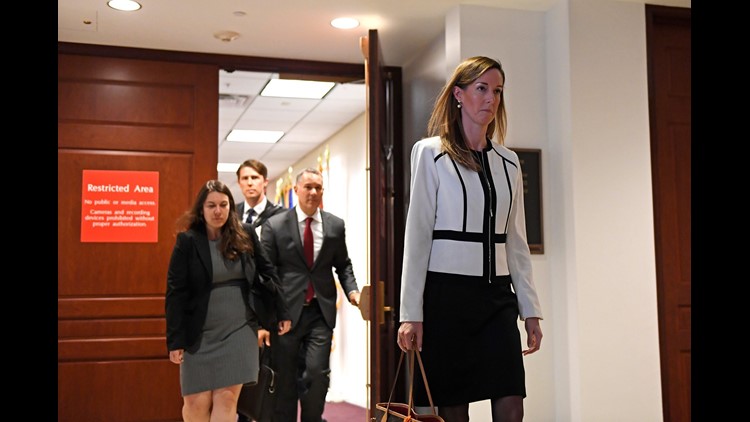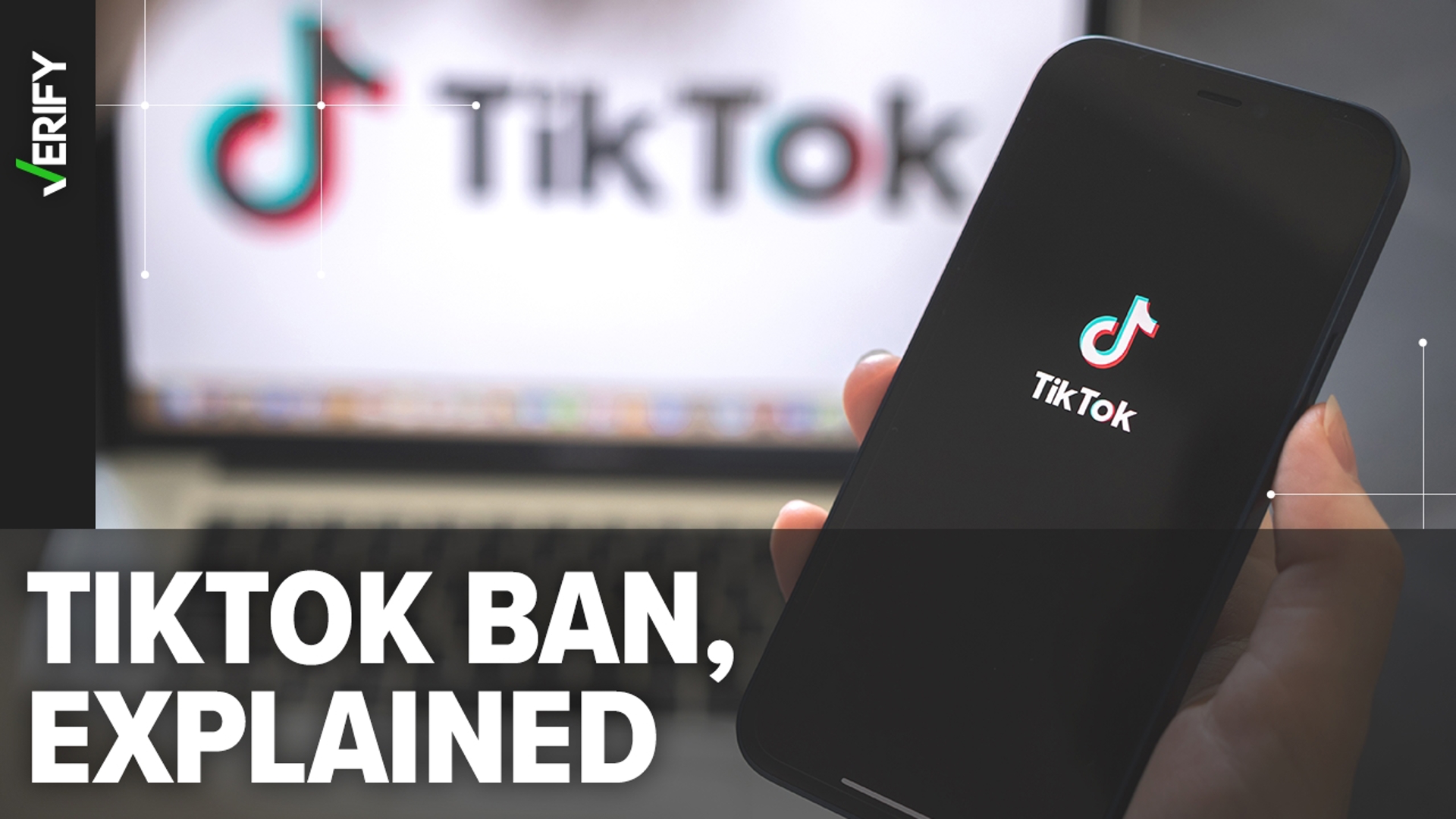In newly released testimony, two aides described their concerns as they listened to President Donald Trump discussing political investigations with Ukrainian President Volodymyr Zelensky on the July 25 phone call at the heart of the House impeachment inquiry.
And in one instance, a former National Security Council official Tim Morrison testified in detail how he agreed that Gordon Sondland, Trump’s ambassador to the European Union, was a “problem” as he operated in what previous witness testimony described as irregular foreign policy channels.
Morrison was asked about a conversation with his predecessor and former White House Russia expert Fiona Hill, where they discussed Sondland.
“She described Ambassador Sondland as a problem,” Morrison said. “We both discussed that Ukraine was not in the EU, which led to the follow-on question of, why is he involved in Ukraine? And, as I mentioned, she mentioned Bunisma, which I nearly did not know what that was.”
Morrison explained their concern: “It was less about his role in Ukraine and more about how he conducted himself. He did not participate in the process. So we are very process-oriented on the NSC; we have a way we do things that works. And so when people come in and get involved in issues and they’re not of that process, it creates risk.”
Morrison also testified that he voiced his concern after the call to the top NSC lawyers out of concern the call could leak. He wanted to ensure the top attorneys, not their deputies saw the call, he said.
He explained that his concern about it leaking was because he “didn’t necessarily fully understand how everybody would use it” but he worried it would wind up “politicizing Ukraine” and cost bipartisan support for the country.
“I was concerned about how the Ukrainians would internalize that,” Morrison said.
House committees conducting the impeachment inquiry into Trump released transcripts on Saturday of closed-door depositions of Morrison and Jennifer Williams, an aide to Vice President Mike Pence.
Williams told House investigators “the mention of those specific investigations” during the July 25 Trump-Zelensky call “seemed unusual as compared to other discussions with foreign leaders.”
“I believed those references to be more political in nature and so that struck me as unusual,” she said, later adding that she found the requests to be more specific to Trump’s “personal political agenda.”
Prior to the July 25 call, Williams said she had not heard discussion in the Office of the Vice President or the White House of Crowdstrike or the DNC server, Ukrainian interference in the 2016 election, or investigating former Vice President Joe Biden and his son Hunter. There is no evidence of wrongdoing by either Biden in Ukraine.
Former NSC official details how Trump directed EU ambassador to push for investigations
Sondland was acting at Trump’s instruction in his dealings with Ukraine, according to Morrison.
Morrison, according to the deposition, testified that Sondland — whose role has garnered scrutiny in the impeachment probe — “believed and at least related to me that the President was giving him instruction.”
Morrison pointed the finger at Sondland for having “chiefly led” the irregular diplomatic process, which incorporated Trump’s personal attorney Rudy Giuliani. Morrison said this irregular channel differed from the “normal process” that the US government uses for foreign policy.
“There was the normal process, where decision-making went through the duly appointed personnel, whether that’s the Chief of Mission, Ambassador (William) Taylor, (former US special envoy to Ukraine Envoy Kurt) Volker, the appropriate personnel from the Departments of State and Defense and Energy and intelligence agencies and so forth, as we normally do business…,” Morrison said. “And there was this second track, chiefly led by Ambassador (Gordon) Sondland, where Rudy Giuliani’s name would come up.”
“Elsewhere in his testimony, Morrison recounted hearing from Sondland that US aid to Ukraine was conditioned on the country announcing investigations into Trump’s political rivals.
And he recalled Sondland speaking directly to Trump about the investigations and the military aid.
“He related to me he was acting — he was discussing these matters with the President,” Morrison said.
After a meeting between Zelensky and Pence in Warsaw, Morrison testified he saw Sondland from across the room speaking with a top aide to Zelensky. Afterward, Sondland walked over to Morrison to tell him what he’d said.
“He told me that in his — that what he communicated was that he believed the — what could help them move the aid was if the prosecutor general would to go the mike and announce that he was opening the Burisma investigation,” Morrison said, referring to the Ukrainian energy company on whose board Hunter Biden sat.
Later, Morrison recounted another conversation with Sondland where the investigations arise — only this time Trump is more directly involved.
Morrison said on September 7, Sondland informed him about a telephone call he’d held with Trump.
“He told me he had just gotten off the phone with the President,” Morrison said, adding: “He told me, as is related here in Ambassador Taylor’s statement, that there was no quid pro quo, but President Zelensky must announce the opening of the investigations and he should want to do it.”
Morrison also testified that Sondland spoke to Trump by phone the morning of his July 25 phone call with Zelensky.
“Ambassador Sondland emailed me and several other White House staff to inform us that he had spoken to the President that morning to brief him on the call,” Morrison said.



